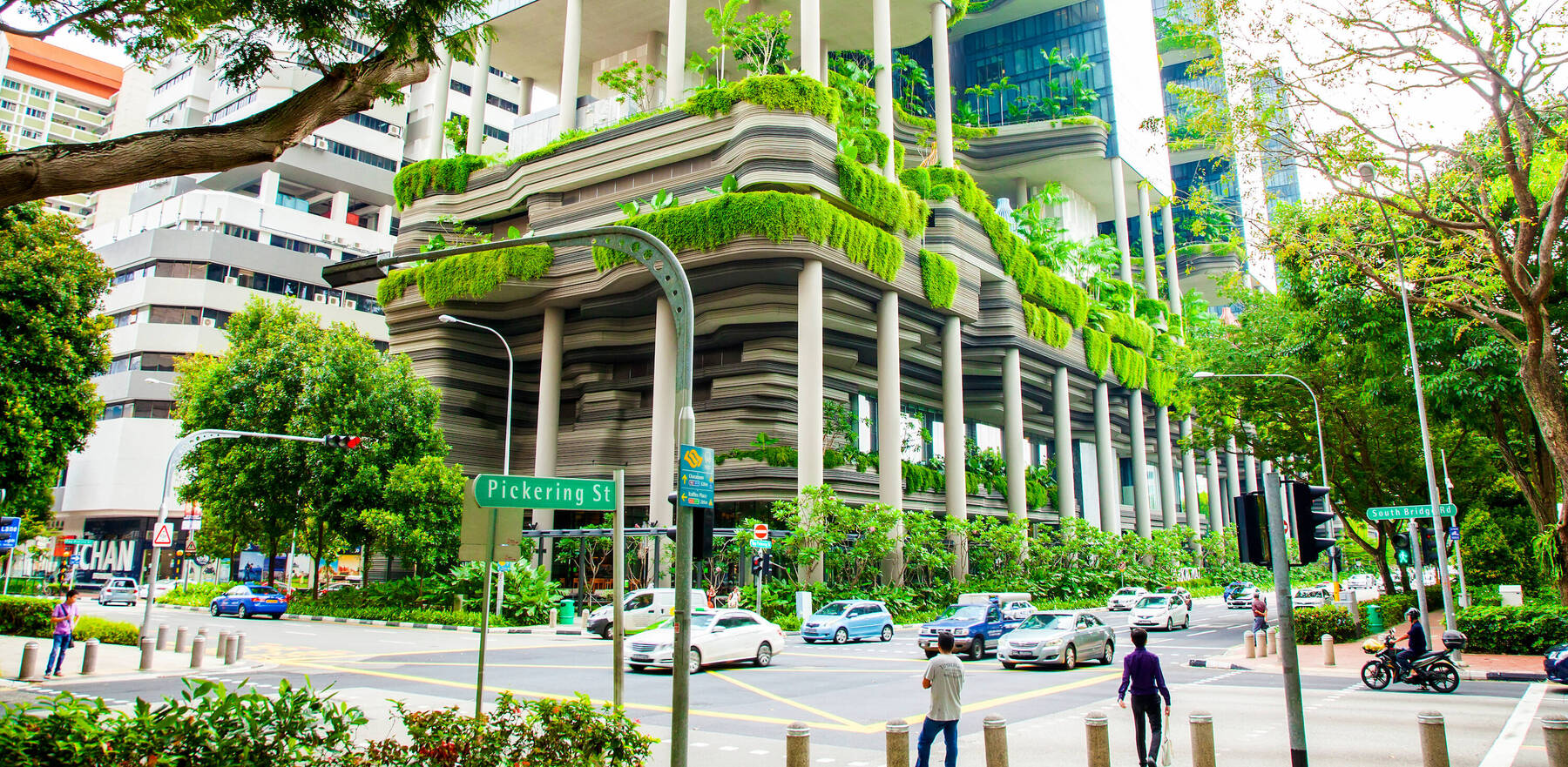Environmental Impact & Accreditations
The events of 2020 have given hoteliers around the world pause for thought. Whether a multi-national luxury chain or a small and friendly boutique establishment, all hotels now have an opportunity to reduce their carbon footprint and make a positive impact on the environment. So, how do you choose a hotel which adheres to sustainable values? Firstly, you can look to see if the hotel has been awarded LEED certification. This stands for “Leadership in Energy and Environmental Design”. It means the hotel has passed a rigorous 100-point scoring system which awards either platinum, gold, silver or bronze accreditations.
The scoring considers the following categories: sustainable sites, water efficiency, energy and atmosphere, materials and resources, innovation in operations and indoor environmental quality. You can also check out websites which list “green” hotels such as the Rainforest Alliance and TripAdvisor’s Green Leaders. In the coming years, many new and existing hoteliers will strive to achieve sustainable certification, by engaging forward-thinking architects, staff and undertaking green energy initiatives to improve their standing in the travel industry and local community. A move in the right direction shows guests they care about the environment and also means you can holiday in your favourite location with peace of mind!














Comments